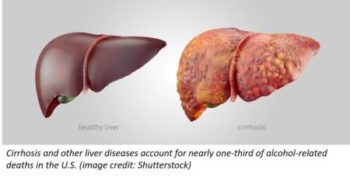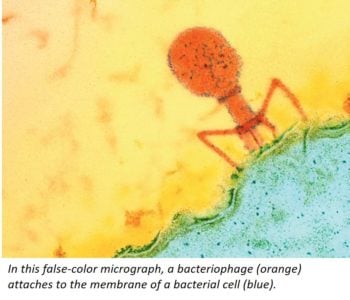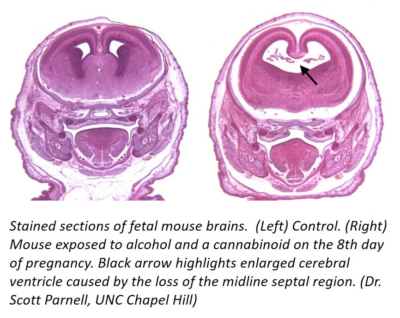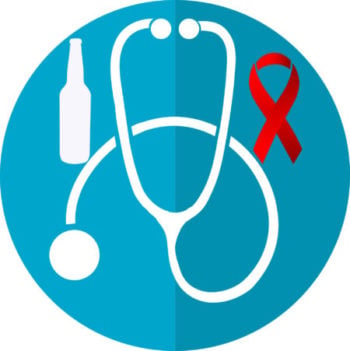NESARC-III genetic data now available to researchers
The NIAAA announces the release of genetic data collected from individuals who participated in NIAAA’s National Epidemiologic Survey on Alcohol and Related Conditions-III (NESARC-III), the largest study ever conducted on alcohol use and alcohol use disorder (AUD), and its co-occurrence with drug use, substance use disorders (SUD), and related psychiatric conditions. The NESARC-III is a … Read more





